What's in the food you eat?
Beginners Guide to Healthy Eating
1. Butane or TBHQ
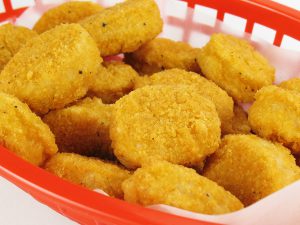
2. Propylene Glycol
-
Cake mix
-
Low-fat ice cream
-
Salad dressings
-
Olives
-
Syrups
-
Apple cider
-
Jams
-
Dog food.
3. Potassium Benzoate
Diet soda with potassium benzoate can form into benzene which is a carcinogen. It can also be in some fruit juices that contain ascorbic acid and vitamin C, which can worsen the effects of benzene in the body
4. Soy
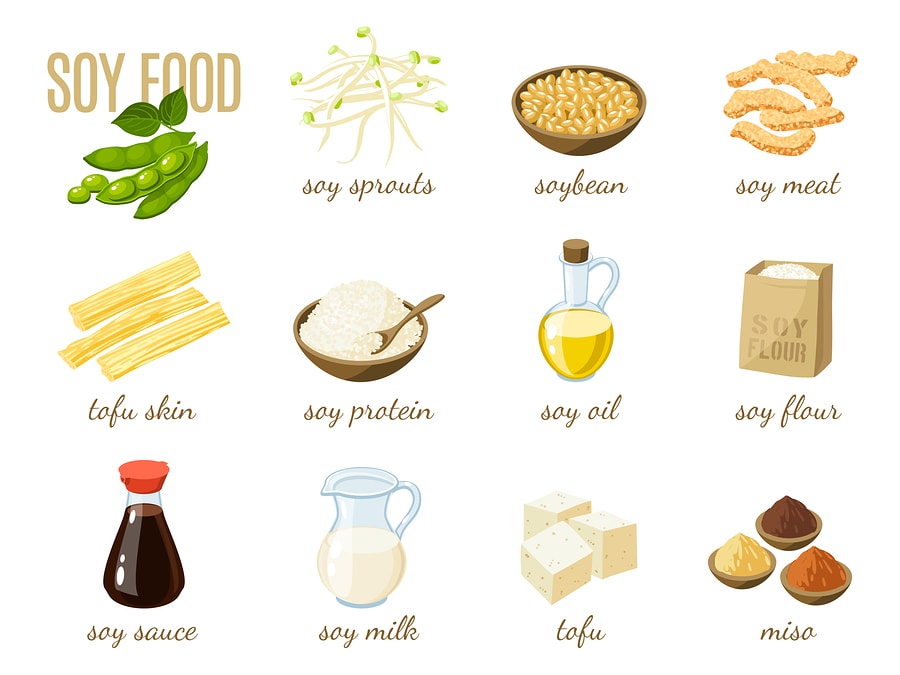
Soy was also found to play a part in an imbalance of omega-3 and omega-6 fatty acids in the body.
If you're going to eat soy, go for products made from organic fermented soy (as opposed to unfermented soy). Two recommendations are Tamari and Braggs Liquid Aminos because these are both extracts from fermented soy.
Avoid soy oil, soy sauce, soy milk, soy protein, and soy isolate (unless they're fermented).
5. High Fructose Corn Syrup
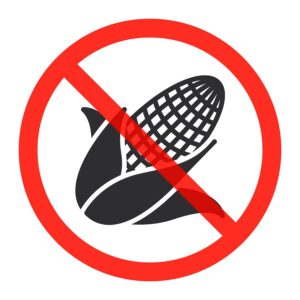 High Fructose Corn Syrup is a processed sweetener made from genetically modified corn. It's cheaper and sweeter than regular sugar and is in almost every processed food and sugar-sweetened drink.
High Fructose Corn Syrup is a processed sweetener made from genetically modified corn. It's cheaper and sweeter than regular sugar and is in almost every processed food and sugar-sweetened drink.
HFC causes tissue damage that may lead to a fatty liver, obesity, diabetes, and heart disease. To make matters worse, it contains other chemical toxins like Chloralkali which contains mercury.
The average person consumes more than 20 teaspoons of high fructose corn syrup per day. Over time, these heavy metals can accumulate in the tissues of the body causing chronic health problems.
You'll find it in breakfast cereals, juice drinks, low-calorie salad dressings, and some yogurts (like Yoplait).
Read the Labels
Like all good habits, healthy food selection is one worth developing
6. Genetically Modified Foods
Big Companies, Big Dollars
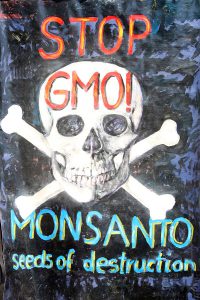 One colossal corporation, Monsanto, is responsible for most of the advances in genetically modified foods.
One colossal corporation, Monsanto, is responsible for most of the advances in genetically modified foods.Can a Company Put a Patent on Life?
Are GMO's Safe?
Many scientists and researchers have expressed their fears about damage to human health due to consumption of GMO foods.
Lifetime Effects of GMOs
The Safest Option?
Health Problems From Eating Grains
7. Gluten
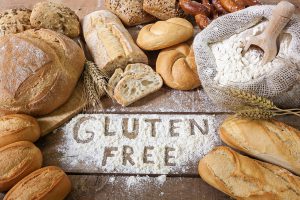 Gluten is not natural to digest which means that once you eat it, your digestive system is over-burdened. Especially if you're trying to lose weight… don't eat wheat!
Gluten is not natural to digest which means that once you eat it, your digestive system is over-burdened. Especially if you're trying to lose weight… don't eat wheat!-
Inflammatory bowel disease
-
Anemia
-
Osteoporosis
-
Canker sores
-
Rheumatoid arthritis
-
Autoimmune diseases

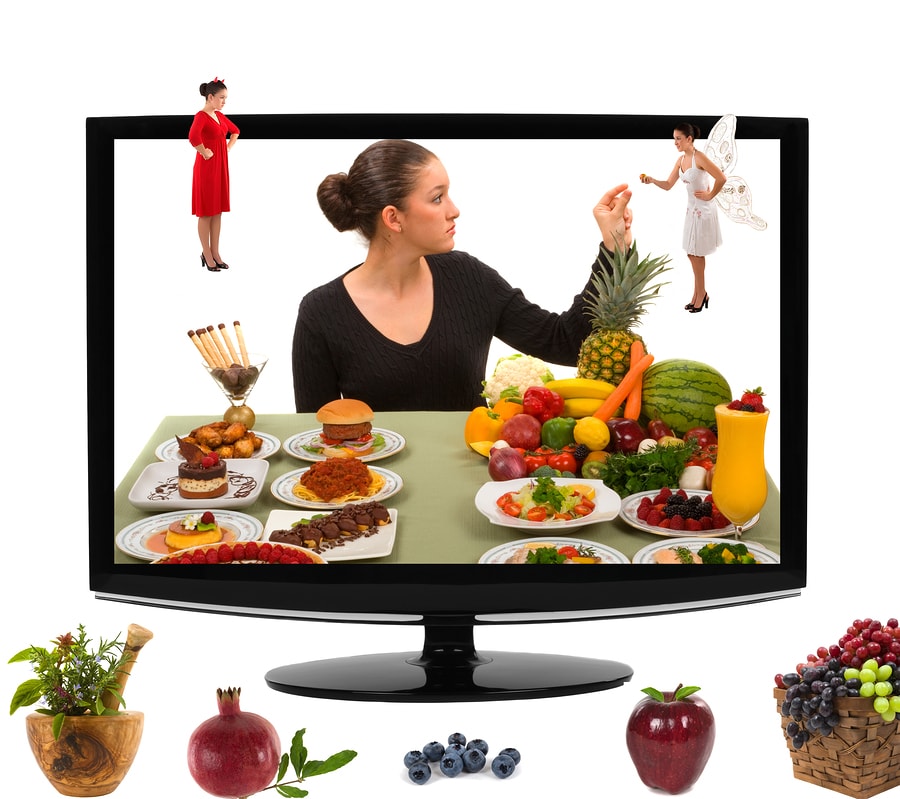

Thank you for this great article! We are what we eat, aren’t we!
Its so important these days to be well informed and knowledgable about the different kinds of external elements are found in foods, whether we eat them at a restaurant or buy them at a grocery store. This list definitely makes people aware of the technical names, abbreviations and ingredients to keep an eye out for.
I’m bookmarking this!
Thanks Andrea!
Just bookmarked your post for future reference. Amazing and very complete article! I watched a documentary about Monsanto in my Geology class and there was a big problem. I don’t remember what it was (will go back to my notes and check if I can find it and will post here later if I do) but reading your post reminded me about this company and their terrible practices. I hope things get better and more people get informed about these issues. Without consumers these companies will cease to exist.
Amen Daniel… Thanks for connecting.
Hello Jackie,
Your article is highly appreciated as it is pretty difficult today to get the right foods in its best form.
Some are lucky to have their little back yard gardens, nevertheless we are still responsible for what we eat, so thanks for the information.
I say thanks because reading labels is one thing but know what to look for, and what it means is another thing.
Your article will help us make better choices.
Cosmus
Thanks for commenting Cosmus. I appreciate it!
Wow! what an eye opener!
I’ve been telling my family for years that we have no idea what we are eating or that we are probable putting our health at risk.
Thank you for your list and explanation, I’m going to save it and show my Husband and Sons.
I had wondered why so many people seem to have a problem with Gluten but now I know, just goes to show.
Butane is the scary one, to think how many parents serve their young families on Chicken nuggets as a quick meal every now and then, I will not touch them now.
I’ve been diagnosed with a heart problem and has made me readdress my diet and I have to say I feel better for it, buying more fresh ingredients too for all my family.
I think that we need more informed post such as yours!
Hi June, Thanks for commenting and connecting. Here’s another post you may enjoy. It has an even more complete list of ingredients to avoid: https://motherofhealth.com/good-food. So glad to hear you and your family are eating better. Take care!